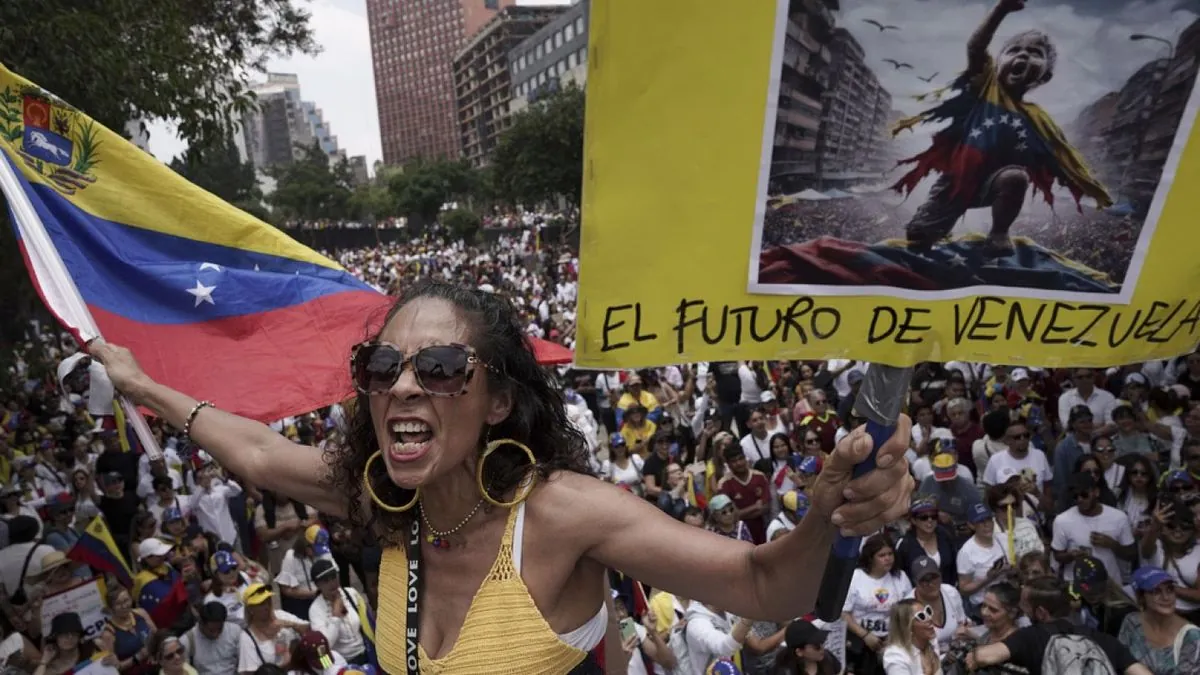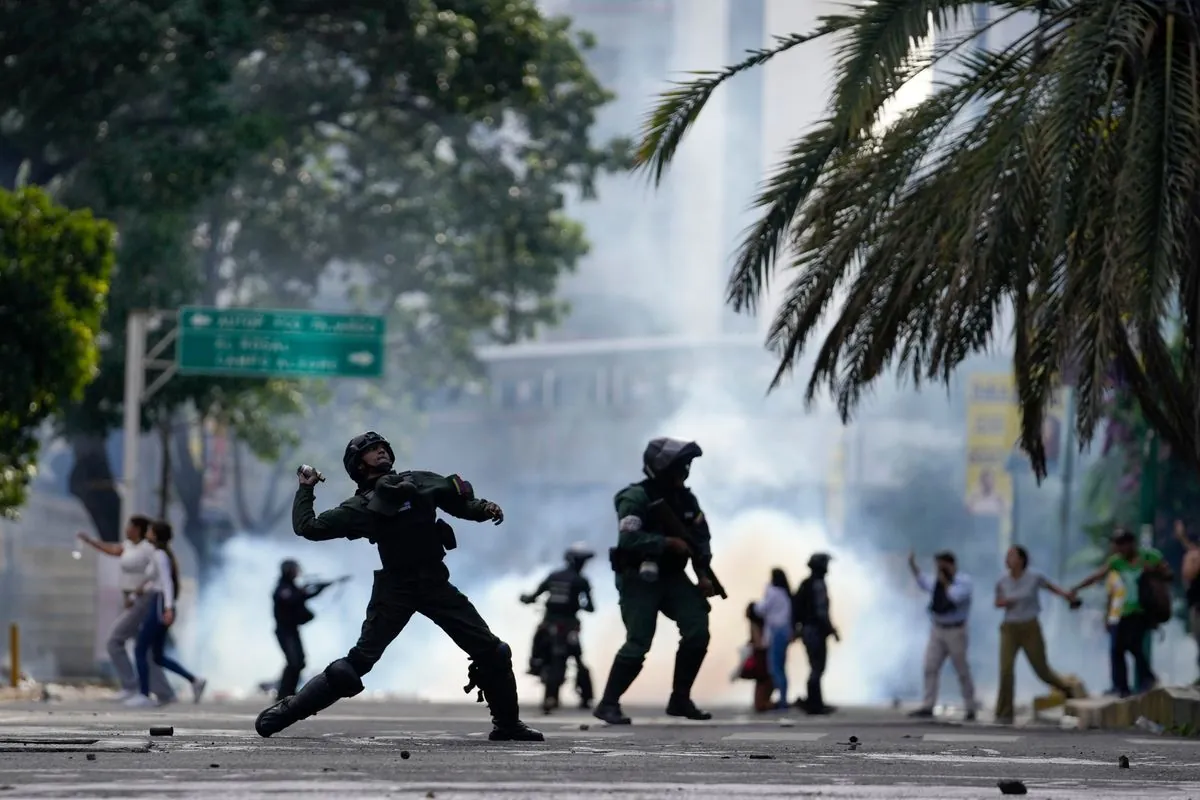Venezuela's Political Crisis Deepens as Election Winner Faces Arrest
Venezuela's political turmoil intensifies as the government issues an arrest warrant for the election victor. International community grapples with supporting democratic transition amid Maduro's refusal to concede power.

Venezuela's political landscape has taken a dramatic turn as the country's Prosecutor's Office issued an arrest warrant for Edmundo González Urrutia, the winner of the July 28, 2024 presidential election. This move marks a significant escalation in Nicolás Maduro's efforts to maintain power despite losing the election.
The situation in Venezuela remains volatile, with thousands of citizens continuing to engage in peaceful protests despite increasing repression. Security forces have responded with force, resulting in dozens of fatalities and thousands of arrests. Opposition leaders have been forced into hiding, yet the Venezuelan people persist in their call for change.

International support for the opposition has been substantial. The European Union, the United States, and various Latin American countries have voiced their concerns and taken actions to support the democratic process. On August 29, 2024, EU foreign ministers held discussions with González, reaffirming their stance against Maduro's claims of victory. The U.S. has also shown support, with Secretary of State Antony Blinken and Vice President Kamala Harris reaching out to opposition leaders.
"It is clear to the United States and, most importantly, to the Venezuelan people that Edmundo González Urrutia won the most votes in Venezuela's July 28 presidential election."
Despite these efforts, Maduro's regime has shown remarkable resilience and adaptability. The failure of previous diplomatic approaches, including the Barbados Agreement and sanctions, has highlighted the need for a new strategy.
To address the escalating crisis, several measures have been proposed:
- Direct warnings from high-level U.S. officials against harming opposition leaders
- Calling for a UN General Assembly session on Venezuela
- Accelerating individualized sanctions on those responsible for repression and electoral fraud
- Potentially revoking U.S. licenses for oil corporations doing business with Venezuela
- Releasing sensitive information that could damage Maduro's legitimacy
- Recognizing González as the president-elect of Venezuela
The recognition of González as president-elect is particularly crucial, as it would significantly shift the dynamic and energize the opposition at a critical time.
Venezuela's political crisis has far-reaching implications beyond its borders. The country's vast oil reserves, estimated at 304 billion barrels, make it a significant player in global energy markets. Additionally, the ongoing crisis has led to a massive exodus, with over 7 million Venezuelans leaving the country since 2015, impacting regional stability.
As Venezuela approaches a potential turning point in its history, the international community faces a critical decision. Supporting the democratic transition is not only crucial for the Venezuelan people but also for regional stability and global energy security. The coming weeks will be pivotal in determining the future of this resource-rich nation, home to natural wonders like Angel Falls and unique phenomena such as the Catatumbo lightning.


































